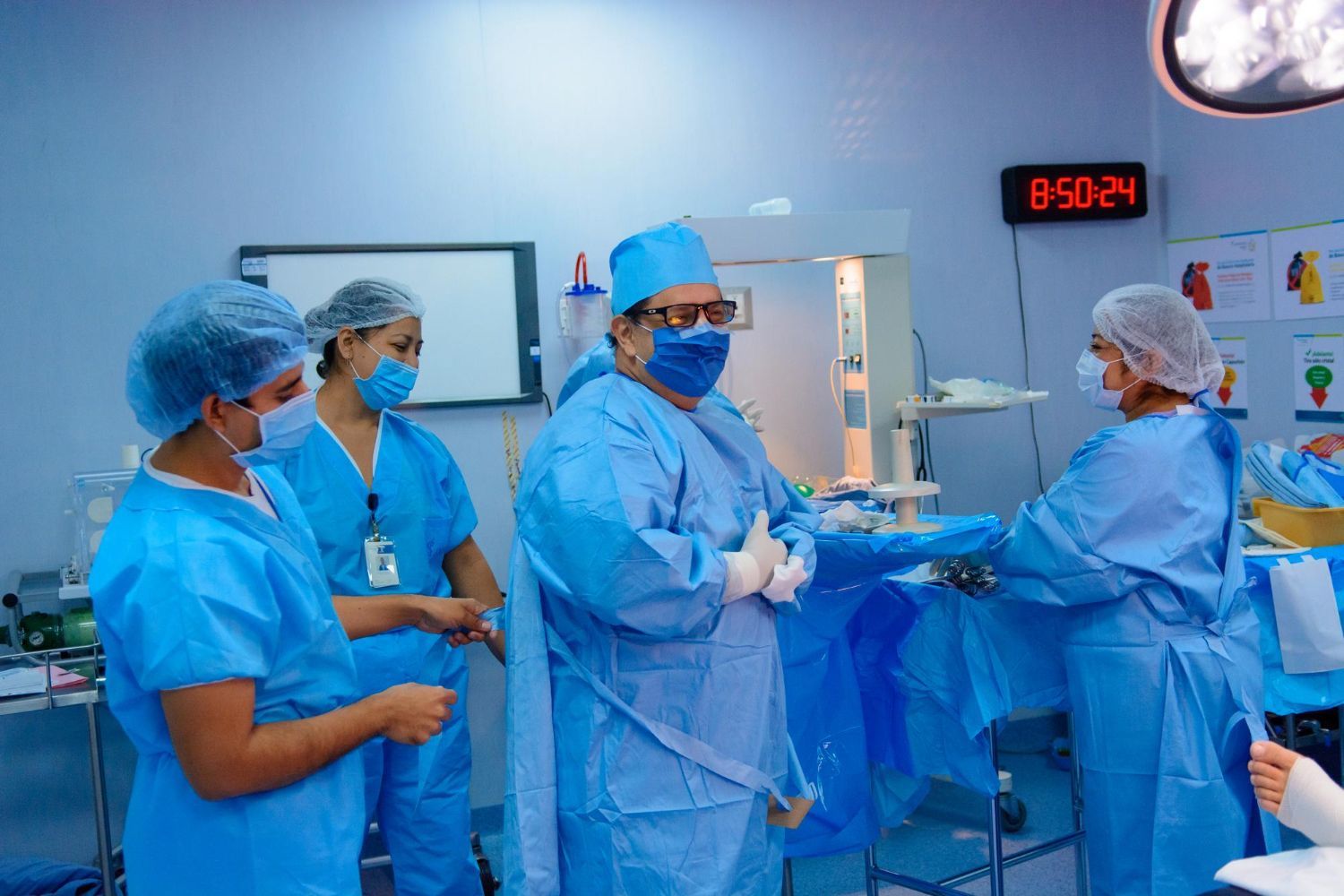Empowering theatre nurses with professional development and career pathways
Theatre nurses are the heartbeat of surgical care. They play a crucial role in ensuring that operations run smoothly, patients are safe, and theatre teams work in harmony. Yet for many nurses, the demands of shift work and the intensity of the theatre environment can overshadow the bigger picture of career growth.
At Dispatch Nursing Agency, we believe that supporting nurses is not just about placing them into shifts. It is also about helping them envision and build rewarding careers with clear progression opportunities. By investing in professional development and creating visible pathways, theatre nurses can advance from frontline roles to senior leadership and specialist positions, while maintaining a sense of purpose and fulfilment.
Why career progression matters in theatre nursing
For nurses, career growth is more than financial reward. It brings recognition, confidence, and opportunities to expand their impact in healthcare. In the operating theatre, where precision and expertise are vital, professional development also contributes to safer outcomes for patients.
Clear career pathways help nurses avoid burnout, as they provide direction and motivation. Instead of feeling stuck in repetitive roles, nurses can work towards advanced positions such as clinical educators, theatre managers, or perioperative specialists. Hospitals and agencies alike benefit from having motivated and highly skilled staff.
Mapping the career ladder for theatre nurses
A career in theatre nursing does not have to be linear. There are multiple directions a nurse can take, depending on their interests and ambitions. Below is a roadmap that many nurses follow:
- Graduate nurse to scrub scout or anaesthetic nurse
New graduates often begin by rotating through perioperative placements. As scrub scouts, they prepare instruments and support surgeons directly, while anaesthetic nurses focus on patient monitoring and assisting anaesthetists. - Circulating nurse
As confidence grows, nurses may take on circulating roles, coordinating the theatre floor and ensuring all equipment, supplies, and safety protocols are in place. - Specialist roles
With further training, nurses can move into areas such as recovery, trauma surgery, or cardiothoracic theatres. These roles require advanced skills and offer opportunities to develop expertise. - Theatre coordinator or manager
For those with leadership aspirations, becoming a theatre coordinator means overseeing entire surgical lists, managing staffing rosters, and liaising with surgical teams. Progression to theatre manager involves broader oversight of surgical services, budgeting, and compliance. - Clinical educator or academic pathways
Nurses passionate about teaching can progress into education roles, training the next generation of perioperative nurses and developing hospital training programmes. Some may pursue postgraduate study or academic teaching.
This ladder is not fixed. Nurses can move laterally across specialities or even combine clinical practice with education, leadership, or research.
Professional development as a cornerstone
Progression in theatre nursing depends on continuous professional development. Hospitals and agencies that invest in their staff create long-term benefits for the entire healthcare system. Professional development can take many forms, including:
- Short courses and certifications: Updates on surgical technologies, infection control, or advanced life support.
- Postgraduate qualifications: Specialised study in perioperative nursing, management, or clinical education.
- On-the-job mentoring: Shadowing senior staff and gaining practical exposure to leadership responsibilities.
- Conferences and workshops: Staying current with global surgical trends and networking with peers.
Dispatch Nursing Agency actively supports nurses in pursuing these opportunities. Whether through flexible placements that allow time for study or access to resources that encourage growth, we see professional development as central to both career satisfaction and patient safety.
Building confidence through skills and recognition
One of the greatest barriers to career progression is self-doubt. Theatre nursing is a high-pressure environment, and many skilled nurses underestimate their readiness for leadership or specialist roles. Recognition and encouragement are just as important as formal training.
Agencies and hospitals can play a role by acknowledging milestones, celebrating achievements, and encouraging nurses to apply for advanced roles. Creating peer networks also allows nurses to share experiences and support one another as they progress in their careers.
How Dispatch Nursing Agency empowers nurses
At Dispatch Nursing Agency, our mission is not only to provide high-quality staff to hospitals but also to create opportunities for nurses to thrive in their careers. We do this by:
- Offering flexible contracts that allow time for study or professional development.
- Connecting nurses with training resources and education providers.
- Supporting diverse career goals, from specialisation to leadership.
- Recognising the value of long-term career growth, not just immediate placements.
By investing in the future of our nurses, we are investing in the quality of surgical care across Australia.
A vision for the future of theatre nursing
The future of theatre nursing should not be defined only by filling rosters. It should be defined by empowered nurses who see a clear path ahead. Nurses who move into senior, specialist, or educational roles become role models for their peers and help raise the overall standard of perioperative care.
By shining a light on professional development and career pathways, Dispatch Nursing Agency is committed to ensuring that theatre nurses are supported today and inspired for tomorrow.











